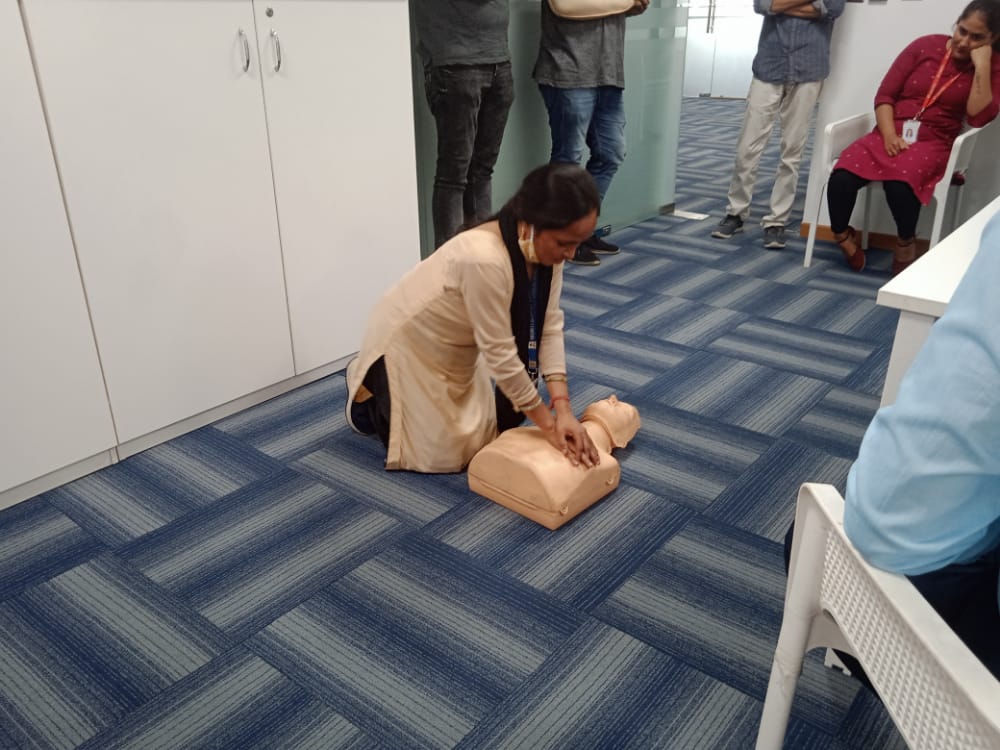BASIC LIFE SUPPORT (BLS) Training
Basic Life Support (BLS) is a fundamental set of skills and techniques used to provide immediate care to individuals experiencing life-threatening emergencies.
Basic Life Support Training
Basic Life Support (BLS) Training: Saving lives through immediate action
Introduction
Basic Life Support (BLS) is a fundamental set of skills and techniques used to provide immediate care to individuals experiencing life-threatening emergencies. BLS training equips individuals with the knowledge and skills needed to recognize emergencies, initiate appropriate actions, and provide vital support until advanced medical help arrives. In this article, we will explore the importance of BLS training and discuss key areas that should be covered to ensure individuals are prepared to respond effectively in critical situations.
Understanding Basic Life Support (BLS) Training
BLS training focuses on teaching individuals the necessary skills to assess and respond to life-threatening emergencies. It covers techniques such as cardiopulmonary resuscitation (CPR), automated external defibrillator (AED) use, clearing airway obstructions, and recognizing and responding to choking, cardiac arrest, and respiratory distress.
Importance of Basic Life Support (BLS) Training
- Immediate Response: BLS training enables individuals to respond immediately in life-threatening situations. They learn how to assess the victim’s condition, activate the emergency response system, and provide appropriate care until advanced medical help arrives. Immediate response and intervention can significantly improve the chances of survival and reduce the risk of long-term complications.
- Cardiopulmonary Resuscitation (CPR): One of the key components of BLS training is CPR, which is used to restore blood circulation and oxygenation in individuals experiencing cardiac arrest. CPR techniques, including chest compressions and rescue breaths, are taught in training sessions. By performing CPR effectively, individuals can maintain vital functions and sustain life until professional medical assistance is available.
- Automated External Defibrillators (AED) Use: BLS training includes instruction on the use of automated external defibrillators (AEDs). AEDs deliver electrical shocks to restore normal heart rhythms in cases of sudden cardiac arrest. Proper training ensures individuals are familiar with AED operation and can quickly and safely apply this life-saving device when needed.
- Airway Management: BLS training covers techniques for clearing airway obstructions and maintaining an open airway in cases of choking or respiratory distress. Individuals learn how to recognize signs of airway obstruction and perform interventions such as the Heimlich maneuver or abdominal thrusts to remove the obstruction and restore normal breathing.
- Confidence and Preparedness: BLS training instills confidence and preparedness in individuals, empowering them to take immediate action during emergencies. By knowing how to respond effectively, individuals can stay calm, make informed decisions, and provide vital support to those in need. Confidence and preparedness are crucial factors in delivering effective BLS and maximizing positive outcomes.
Conclusion
Basic Life Support (BLS) training is a vital skill set that enables individuals to respond promptly and effectively in life-threatening emergencies. By acquiring the necessary knowledge and skills, individuals can make a significant difference in saving lives and reducing the severity of injuries. BLS training emphasizes immediate response, CPR techniques, AED use, airway management, and the development of confidence and preparedness. It is a crucial component of emergency preparedness, empowering individuals to take immediate action and contribute to the well-being and safety of their communities. BLS training should be accessible to everyone, as it equips individuals with life-saving skills that can make a difference in critical situations.
EHS CIRCLE INDIA is the Top Safety Consultant or consultancy in Delhi, NCR & India who provides Basic Life Support (BLS) training through certified doctors or St. John Ambulance trainers in Pan India.
Contact us for further enquiry

